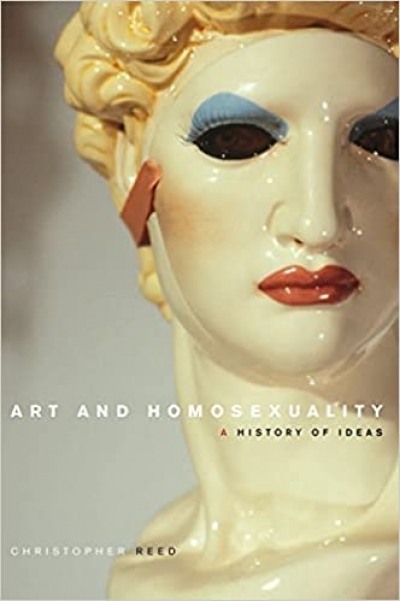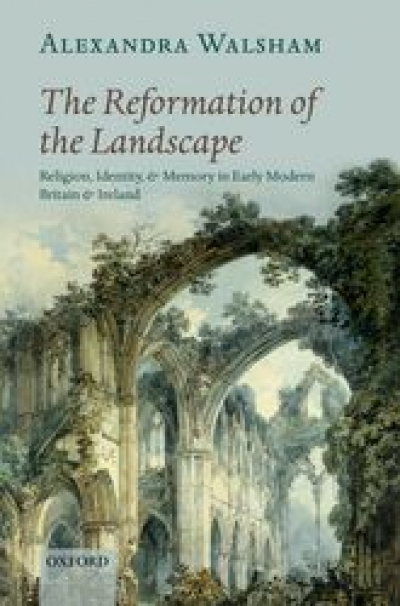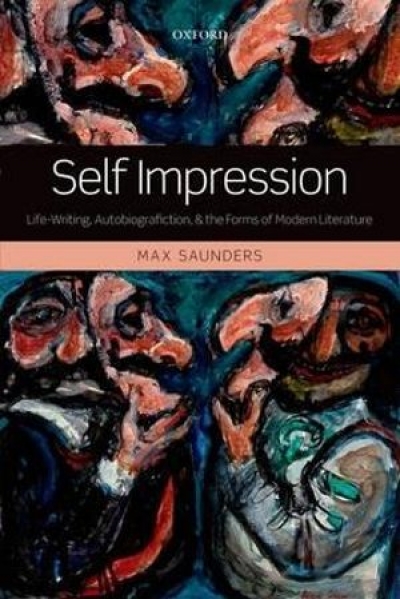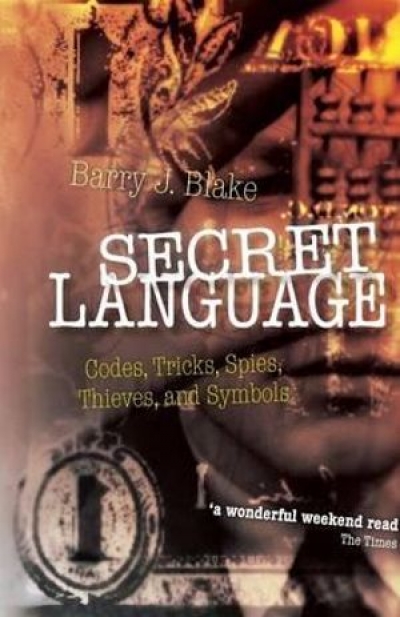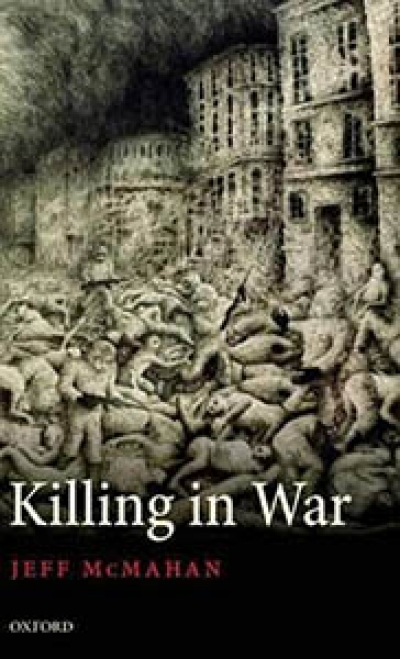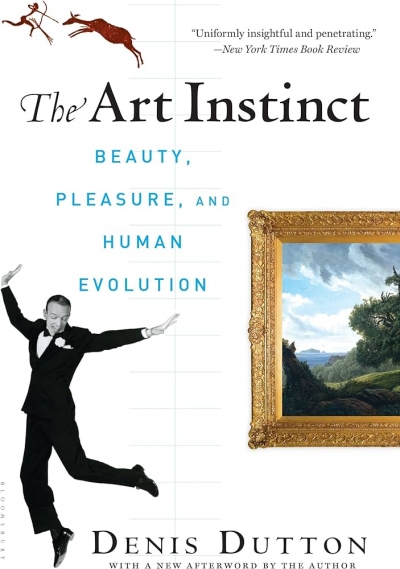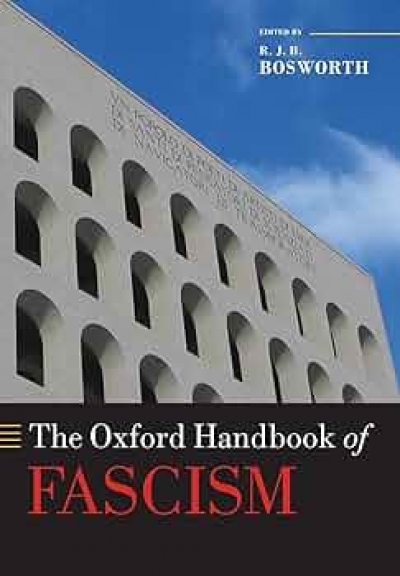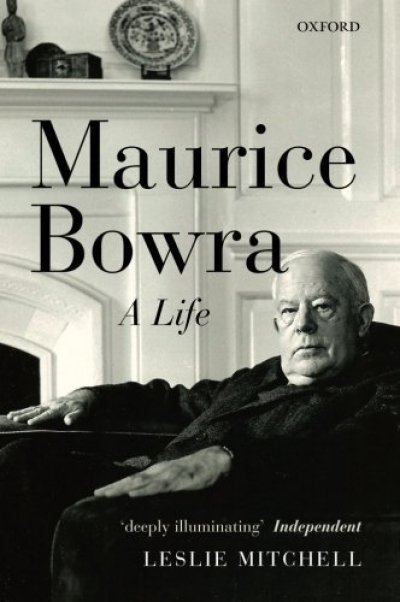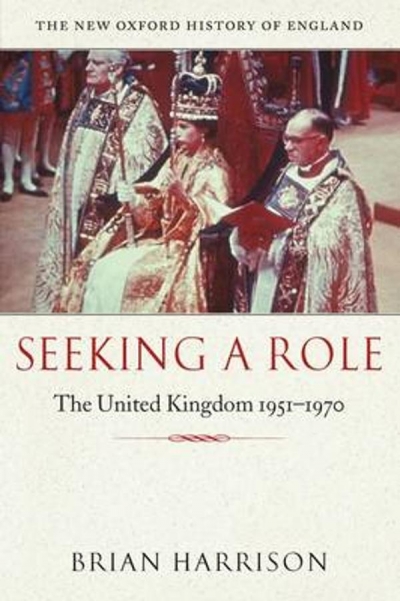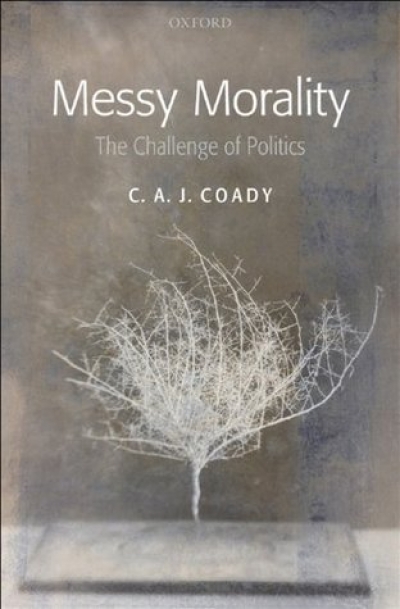Oxford University Press
Art and Homosexuality: A History of Ideas by Christopher Reed
by Robert Aldrich •
The Reformation of the Landscape: Religion, Identity, and Memory in Early Modern Britain and Ireland by Alexandra Walsham
by Wilfrid Prest •
Self Impression: Life-Writing, Autobiografiction, and the Forms of Modern Literature by Max Saunders
by Tim Dolin •
The Art Instinct: Beauty, pleasure and human evolution by Denis Dutton
by Helen McDonald •
Seeking A Role: The United Kingdom 1951–1970 by Brian Harrison
by Neal Blewett •

